As 2017-19 Budget Season Begins, Wisconsin Transportation Funding Debate Stalls
Wisconsin Republicans will begin the 2017 legislative session with their majority expanded to historic numbers, but they aren’t showing a united front on transportation issues as 2016 ends.
December 12, 2016
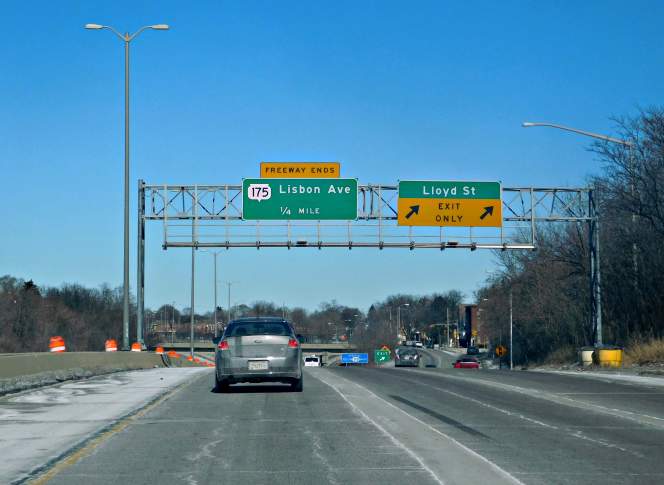
Wisconsin Highway 175 in Milwaukee at Lloyd Street

Wisconsin Republicans will begin the 2017 legislative session with their majority expanded to historic numbers, but they aren’t showing a united front on transportation issues as 2016 ends. Instead, GOP division over whether to raise taxes and/or fees to cover nearly $1 billion in budget shortfalls and resume delayed road projectshas only intensified since the election.
State Senate Minority Leader Jennifer Shilling, D-La Crosse, characterized the debate in ideological terms on Dec. 7: “Really, it’s the right hand doesn’t know what the far-right hand is doing.”
As the state prepares its 2017-19 budget, some legislative Republicans have said they want the option of raising transportation revenue by increasing gas taxes or vehicle-registration fees, but Gov. Scott Walker has maintained a staunch no-new-taxes position. The tension between the legislative majority and Walker administration made itself plain during a Dec. 6 hearing, where legislators pressed transportation secretary Mark Gottlieb to admit that maintaining the current course on the Wisconsin Department of Transportation’s budget would lead to more road deterioration, more costly problems and a greater dependence on borrowing through bond issues.
Assembly Speaker Robin Vos, R-Rochester, pressed the point by taking a rough ride in an ambulance. Still, other legislative Republicans sided with Walker on resisting tax or fee increases.
If it seems like this conversation hasn’t changed much since summer, that’s in part because no one has advanced a specific, concrete proposal for raising taxes or fees.
“I don’t think we’re there yet,” Rep. John Nygren, R-Marinette, said in a Dec. 9, 2016 interview with Wisconsin Public Television’s Here And Now, when asked how much the state would need to increase transportation revenues.
“Honestly, this is more of a dialogue with the people of the state of Wisconsin,” he added.
Nygren, who is co-chair of the legislature’s Joint Finance Committee and a member of the Assembly’s Transportation Committee, implied that Wisconsin voters could stomach a tax or fee increase. He also pointed out that his Republican-leaning district re-elected him in November by the widest margin of his political career.
As for other approaches, many legislators object to driving up the state’s borrowing, while the occasionally mentioned possibility of toll roads is not an immediate or simple solution. The borrowing issue has created some rare bipartisan consensus, at least between Nygren and Rep. Debra Kolste, D-Janesville, who is also a member of the Assembly’s Transportation Committee.
“I’m not necessarily against bonding, but the rate that we’ve bonded its cause for concern,” Kolste said on a separate Dec. 9 interview on Here And Now. “I think that this is just not a sustainable path right now.”
Wisconsin Taxpayers Alliance president Todd Berry goes past mere concern to incredulous scoffing. The state’s proposed transportation budgetfor 2017 through 2019 calls for another $500 million in borrowing, he noted in another Dec. 9 interview on Here And Now.
Berry also pointed out that Wisconsin has faced transportation funding shortfalls over the years and it’s currently headed for another, with borrowing going up and up through the Doyle and Walker administrations. He all but laughed out loud at the notion that simply more borrowing is a long-term solution.
“In terms of debt service relative to budgets, we are already where the federal government is going to be in 2040,” Berry said, noting that about 20 percent of Wisconsin’s gas-tax and vehicle-registration revenue goes toward paying down debt.
Walker has said he’ll veto any tax increase that isn’t also paired with an equivalent cut.
But Berry pointed out that Wisconsinites have already been paying less in gas taxes — because rates have stayed flat as vehicles have become more fuel-efficient — and that Walker’s administration has already made cuts in income, property and corporate taxes.
“This isn’t about reality,” Berry said. “This is about symbolism.”
 Passport
Passport




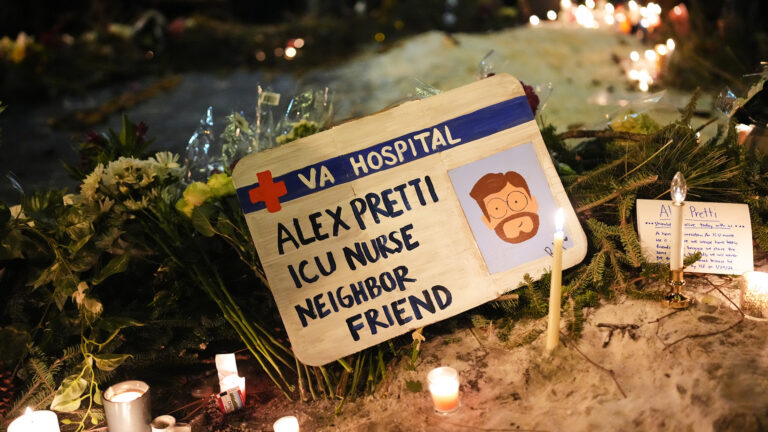
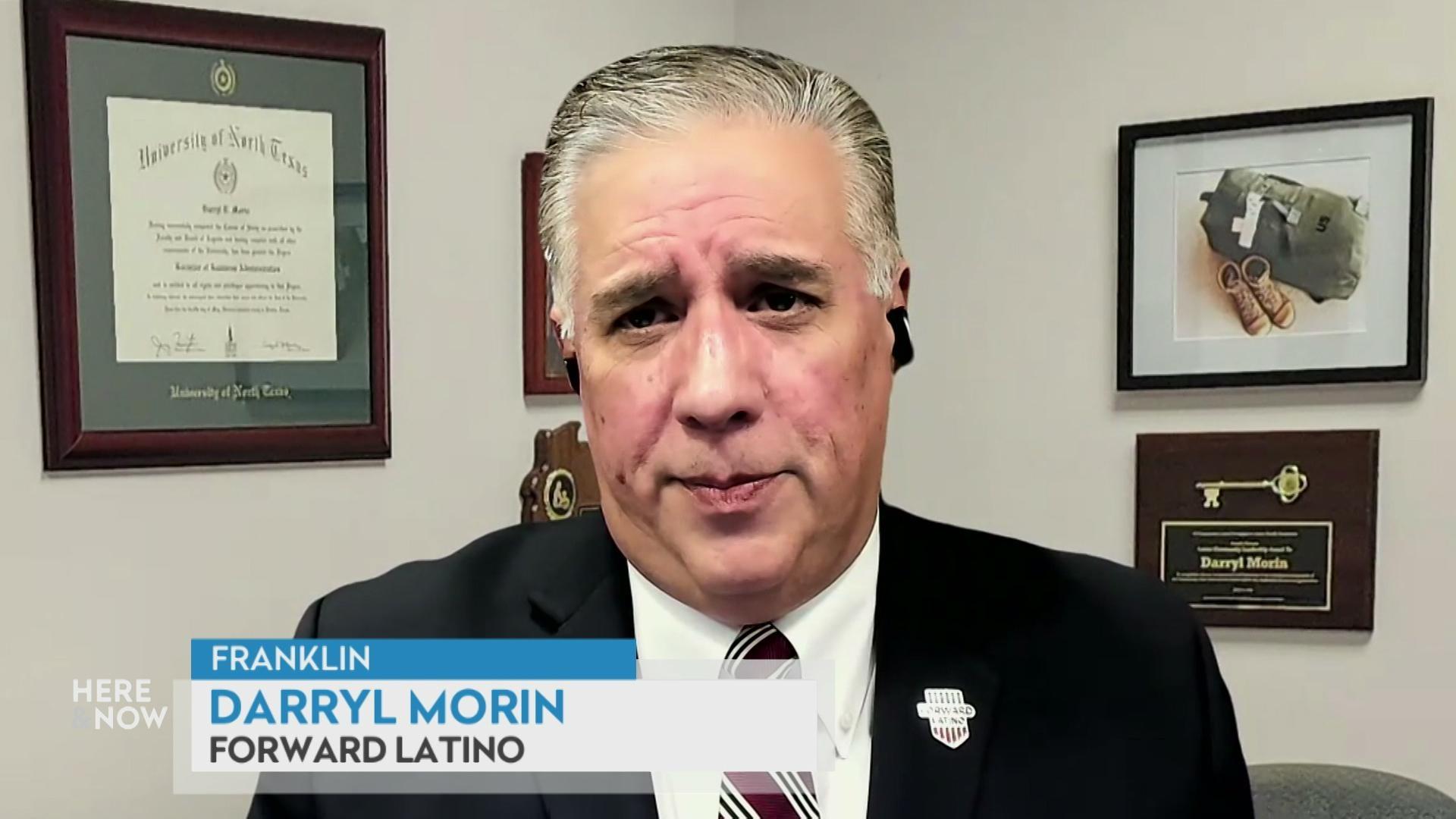
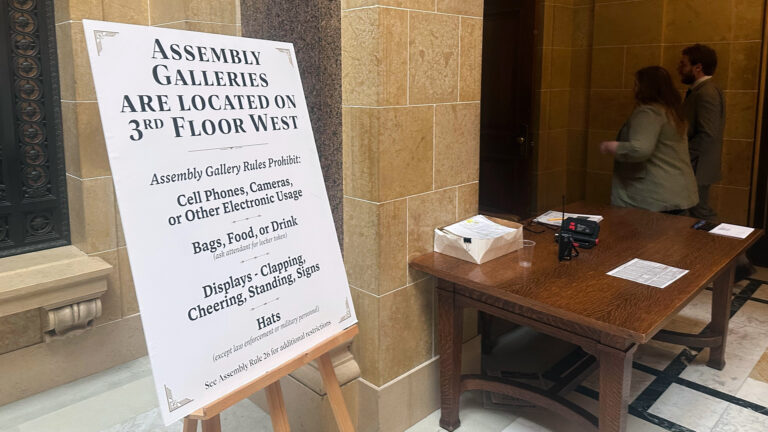
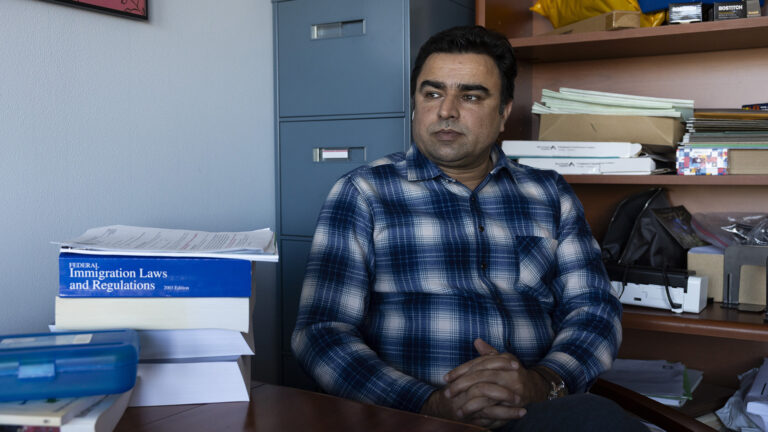
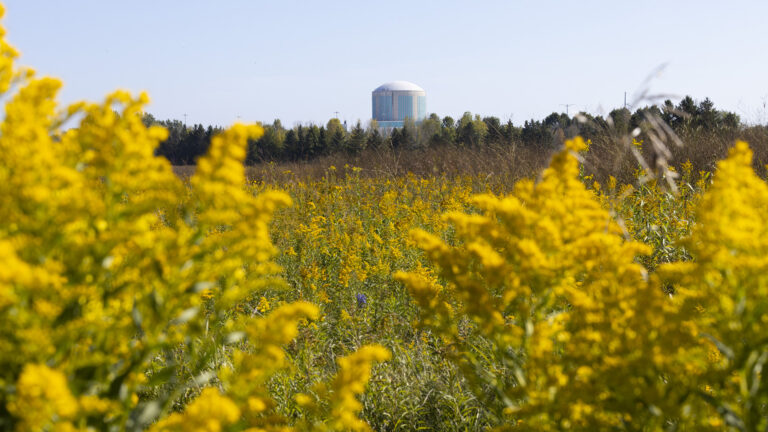
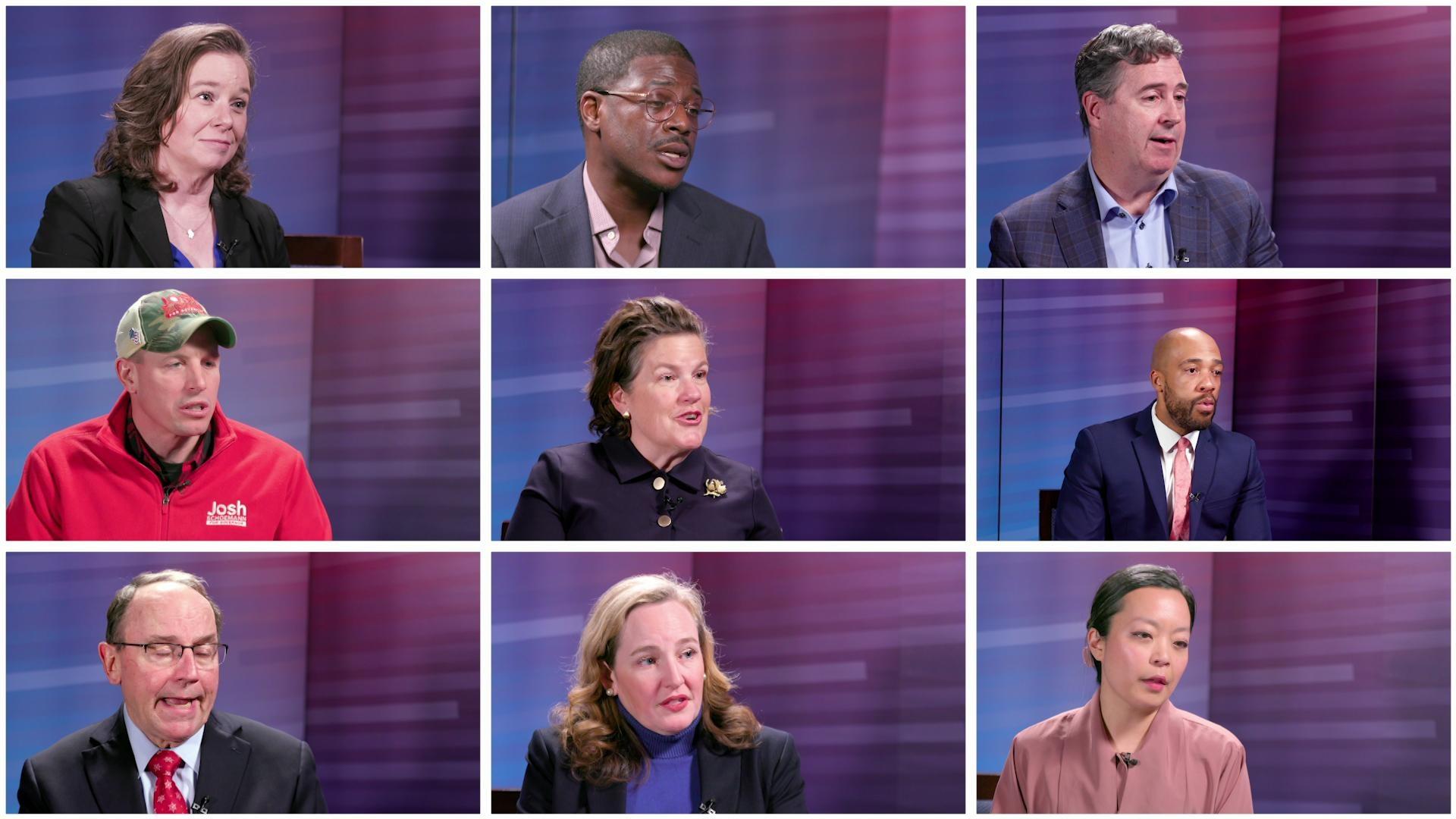

Follow Us